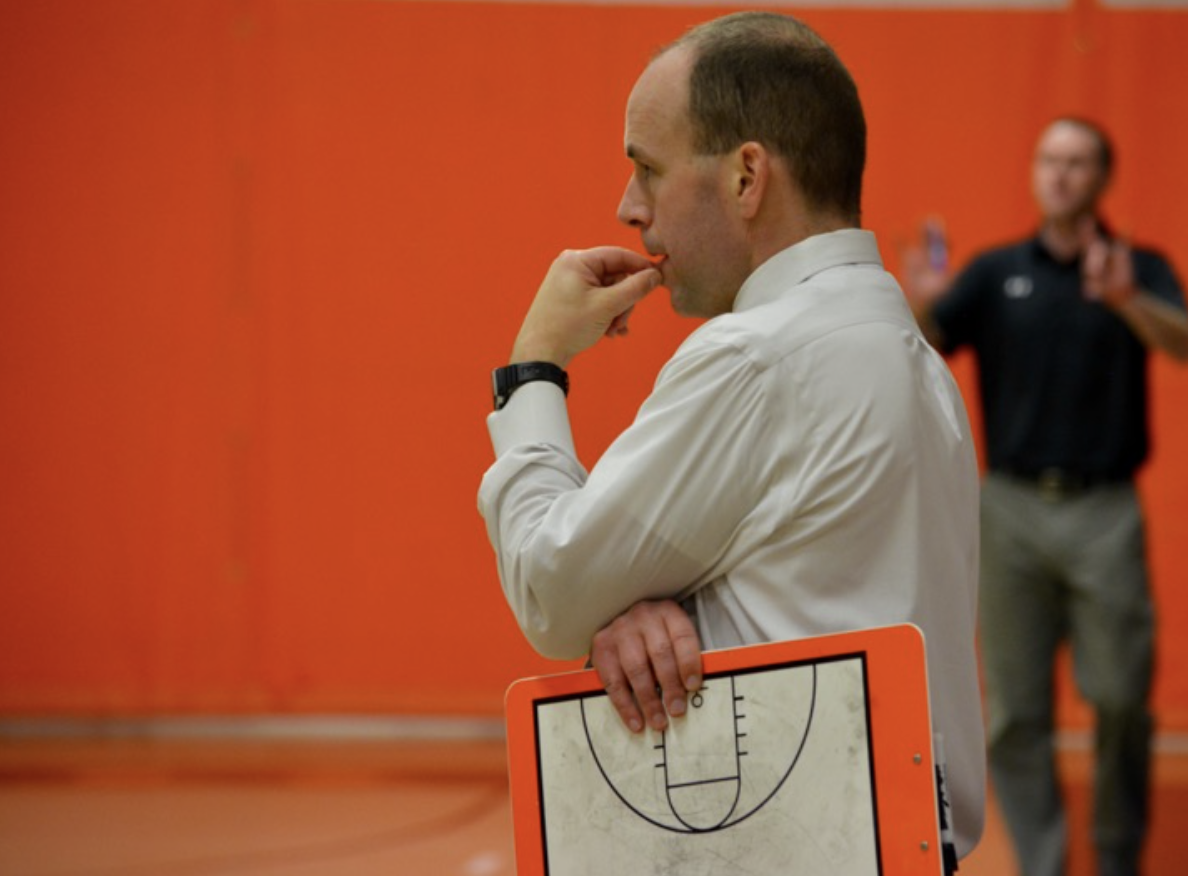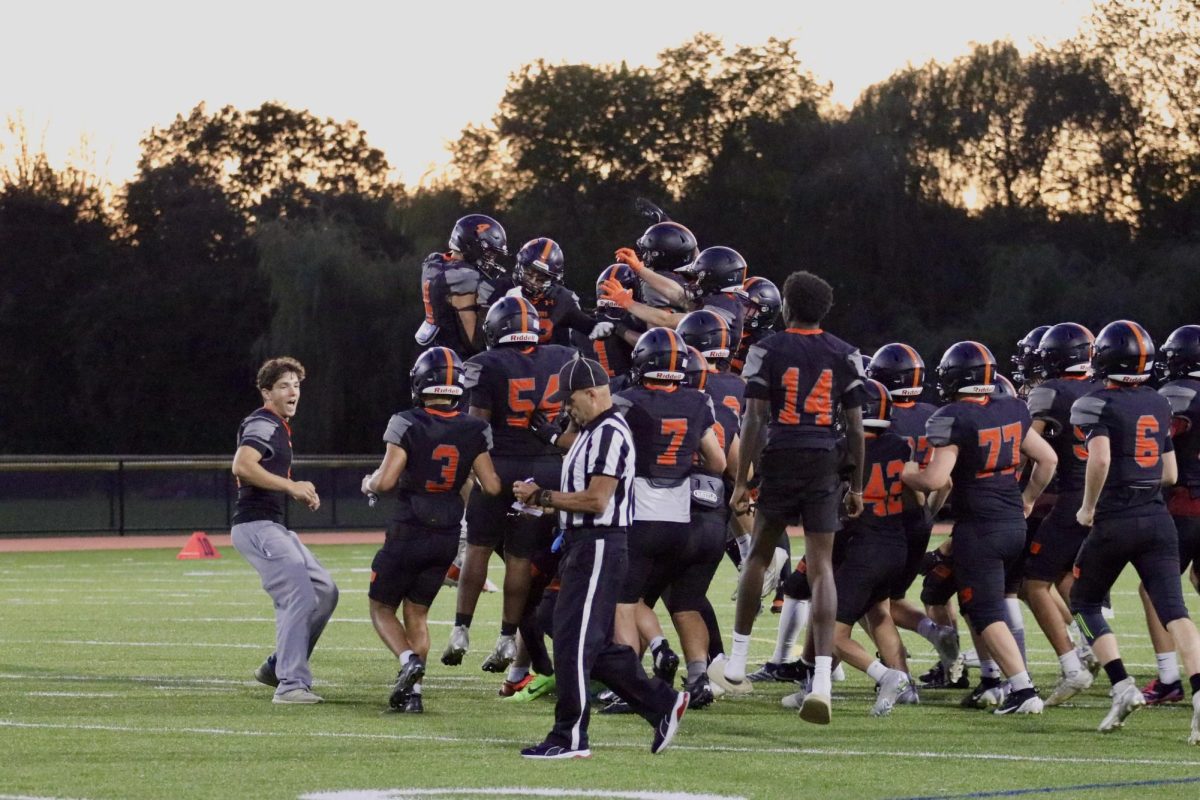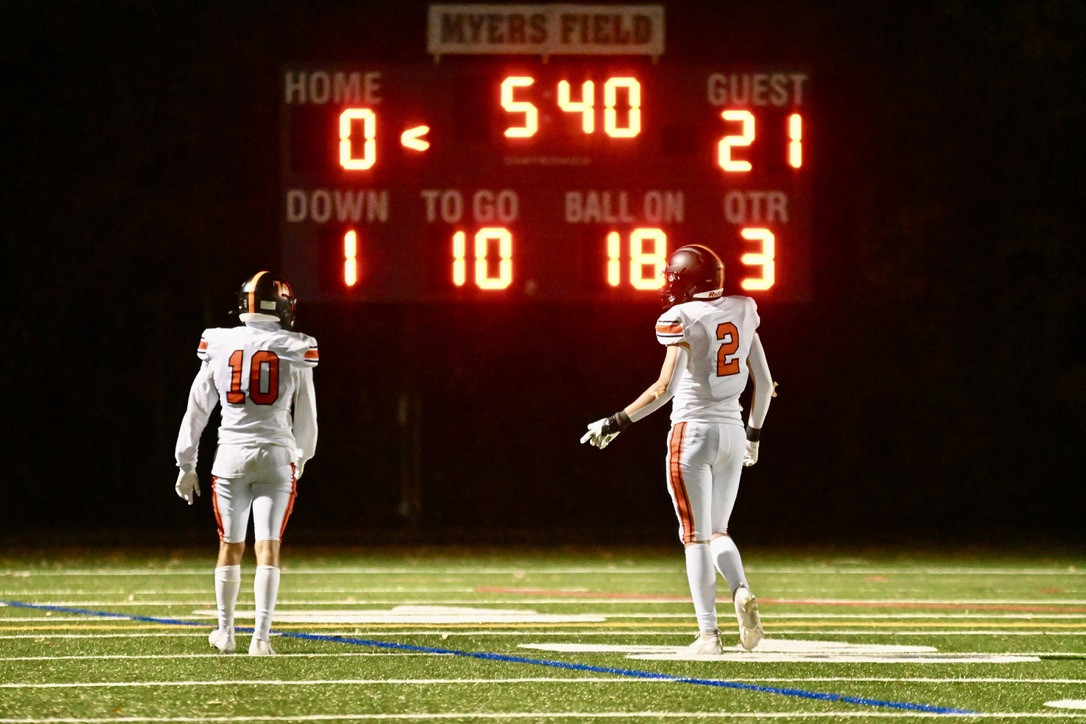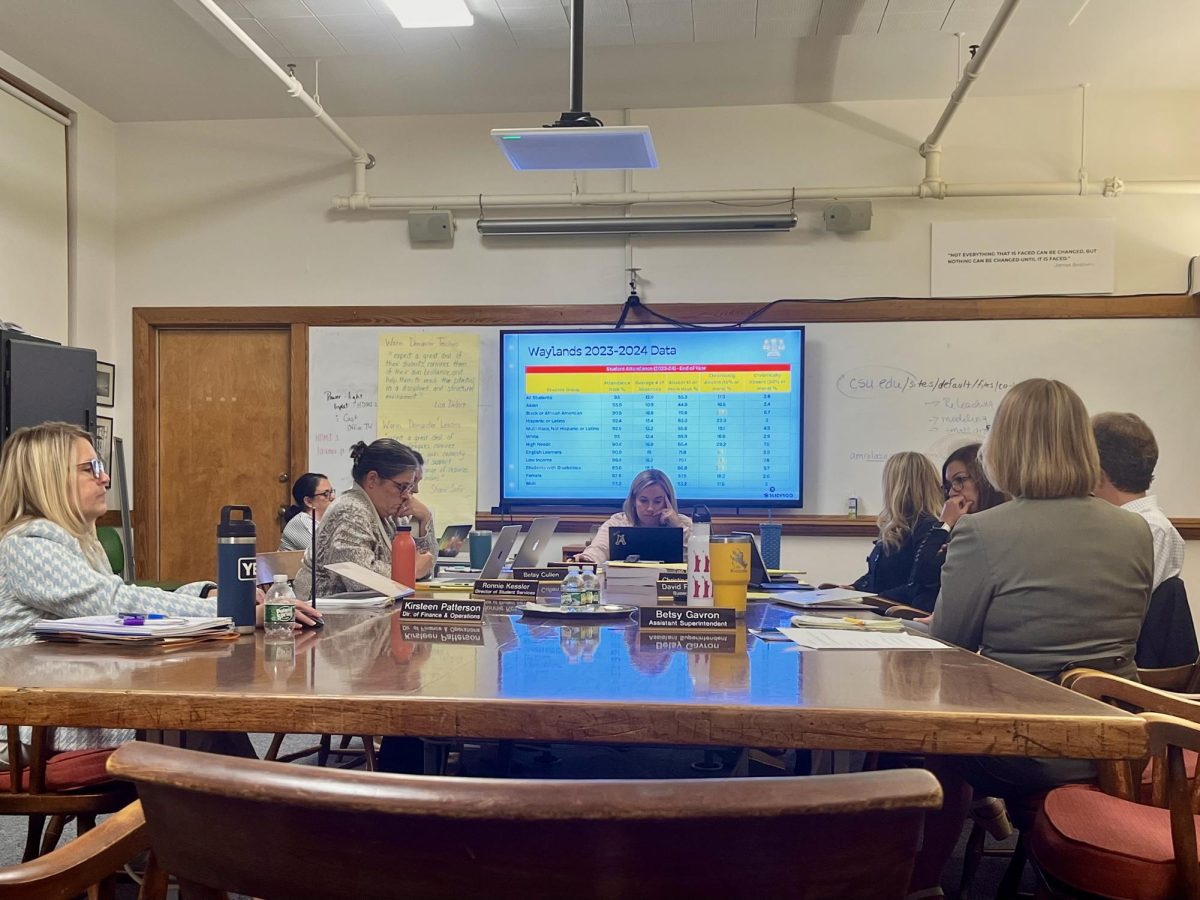The classes of 2012 and 2013 have just gotten a respite from some high stakes MCAS testing. On February 24, the Massachusetts Board of Education voted 8 to 2 to delay the implementation of the United States history MCAS exam for at least two years, due to concerns that there is not enough money to administer the test.
Before the decision to delay implementation, students in the class of 2012 thought they needed to pass this MCAS test in order to graduate. However, according to The North Adams Transcript, this test was removed as a graduation requirement by the Board after Mitchell Chester, the Education Commissioner, raised doubts over whether the state would “… adequately fund student assessment in the current financial crisis.”
This delay does not suspend the other MCAS exams the current high school students have to pass to graduate: mathematics, science and technology, and English.
Not everyone is pleased with the way this timing has played out.
“Testing student knowledge in US History enjoys strong support from MCAS advocates as well as social studies teachers,” The Boston Globe reports. “They are concerned that a failure to include that subject on MCAS tests could diminish the importance of the subject because schools tend to devote their resources to areas covered by the exam.”
The decision to delay making the history test a requirement for graduation has aggravated many social studies teachers.
Because of the original decision to administer this test, schools have put an emphasis on teaching US history to the exclusion of other topics. When asked how WHS’s history classes have been affected, Mr. Delaney, social studies department chair, said, “Because our professional development initiatives over the past four or five years have focused on how we are going to make sure that every student at Wayland High is able to pass the US history MCAS test so that they can graduate, US history has become the primary history that we teach and, as a result, European history has just kind of disappeared.”
As for how the new delay will affect our curriculum, Mr. Delaney said, “It’s probably not going to affect the way we structure our courses,” despite its temporarily decreased importance in MCAS testing.

![During the WHS club fair, senior Molly Bergeron is watching a student sign up for her club, Eliza J. Norton Foundation. In this club, students meet every week and come up with ideas to spread the message. "[This club] really touches a lot of people in the town," Bergeron said.](https://waylandstudentpress.com/wp-content/uploads/2025/10/IMG_1335-1200x800.jpg)































